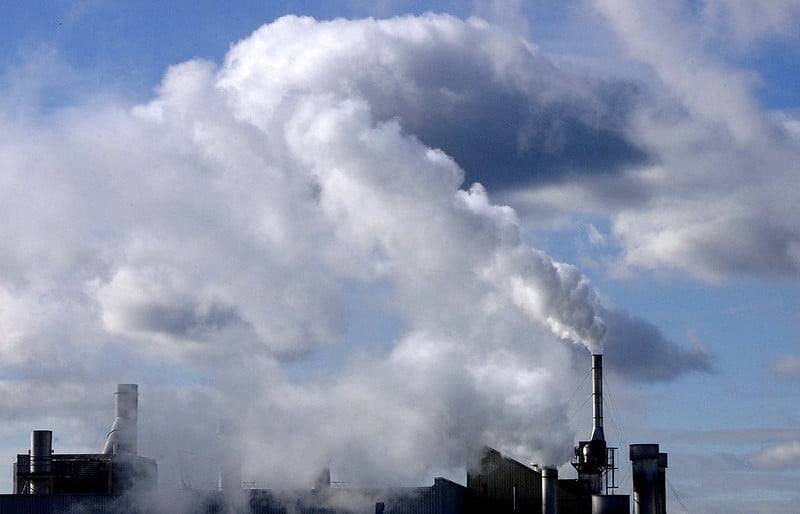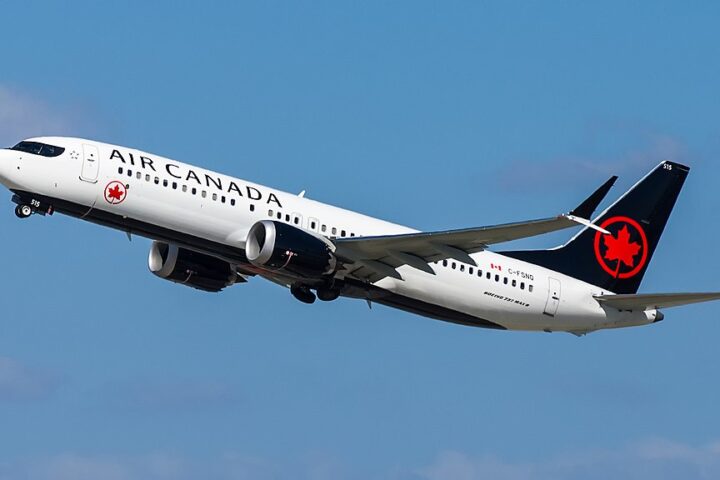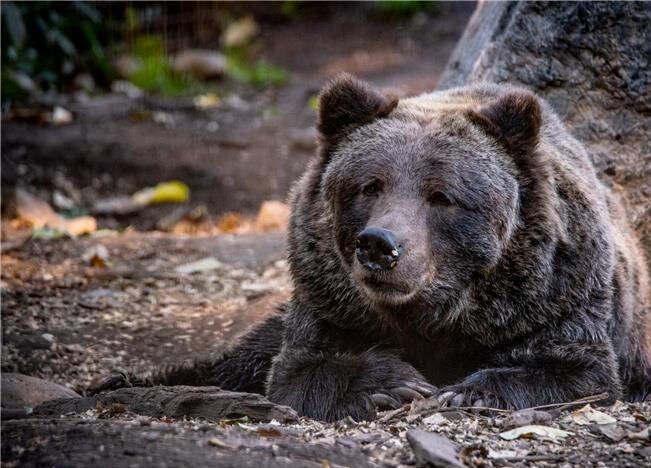Toronto found itself in an unusual position on Friday night – ranking as the fourth most polluted major city globally according to Swiss air quality tracker IQAir. Only Detroit, Delhi, and Montreal recorded worse air quality at that time.
The city’s Air Quality Health Index (AQHI) measured 7 as of 9 p.m. Friday, putting it in the “high risk” category on Environment Canada’s scale. A value between 4 to 6 is considered moderate risk, while 7 to 10 indicates high risk to health.
“Poor air quality and reduced visibility are expected to persist through the weekend,” Environment Canada warned in a special air quality statement issued for Toronto and surrounding areas including Mississauga, Brampton, Vaughan, and Durham Region.
The smoke originates from more than 210 active wildfires burning across Canada, particularly in Manitoba, Saskatchewan, and Alberta. These fires have forced roughly 32,000 people to evacuate their homes, with Manitoba and Saskatchewan declaring province-wide states of emergency.
The smoke hasn’t just affected Toronto – it has spread across multiple provinces from British Columbia to Newfoundland and Labrador, and even reached parts of the United States and Europe.
Health officials warn that wildfire smoke contains fine particulate matter (PM2.5) that can penetrate deep into the lungs when inhaled. Common symptoms of exposure include eye, nose, and throat irritation, headaches, and mild coughing. More serious but less common symptoms include wheezing, chest pains, and severe cough.
Similar Posts
Environment Canada advises residents to limit time outdoors and consider reducing or rescheduling outdoor activities. Those who must go outside should wear a “well-constructed, well-fitting and properly worn respirator type mask” such as an N95.
Seniors, pregnant people, infants, young children, and those with existing health conditions are at higher risk from smoke exposure.
Indoors, keeping windows and doors closed as much as possible can help. Air filters in ventilation systems or portable air cleaners may also improve indoor air quality.
Some relief may be on the way for certain regions. Environment Canada meteorologist Jean-Philippe Bégin noted that a low-pressure system currently in northern Saskatchewan, expected to move into Manitoba and Northwestern Ontario by Monday, is anticipated to bring precipitation to areas battling out-of-control forest fires. However, northern Alberta is unlikely to see significant rainfall.

Toronto Pearson International Airport reported no anticipated impacts to operations despite the smoke.
With current wildfire activity mirroring the severe 2023 season, which was one of Canada’s worst on record, officials continue to monitor the situation closely as smoke forecasts show continued eastward drift through the weekend.


















